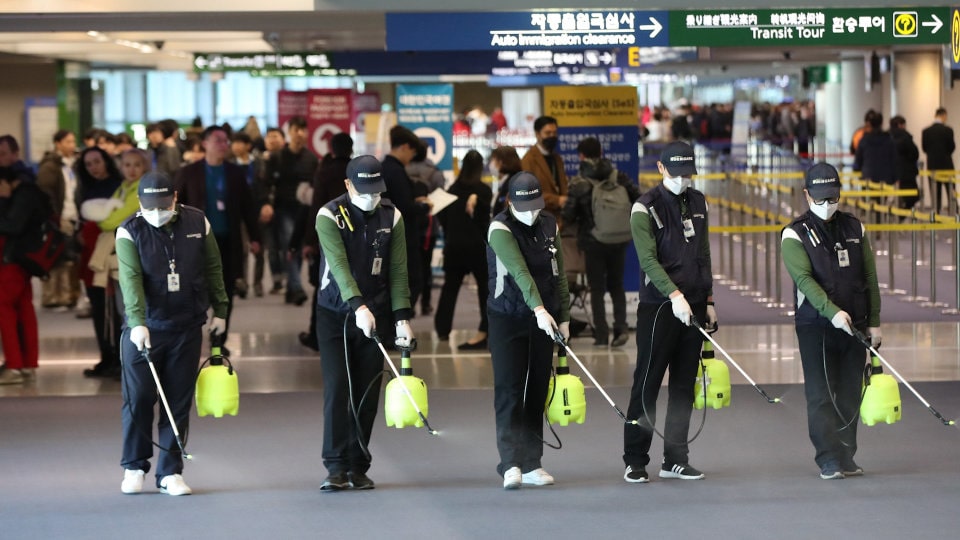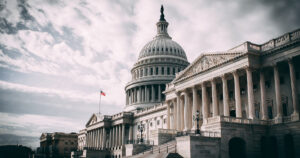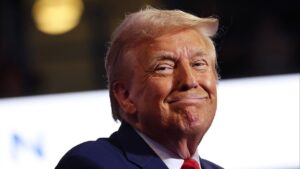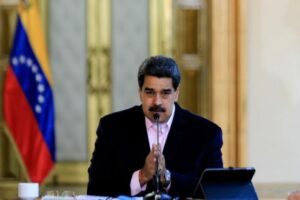
BEIJING: China put on lock-down on Thursday two cities at the epicentre of a new coronavirus outbreak that has killed 17 people and infected nearly 600, as health authorities around the world scramble to prevent a global pandemic.
The Huanggang local government, in a statement on its website, also said movie theaters, internet cafes and other entertainment and cultural facilities in the city center would temporarily halt operations and a central market would be shut down for an indefinite period. Starting Thursday, the local government said it would inspect every person and car entering and exiting the urban center.
Separately, the chief executive of Macau, the Chinese special administrative region that is the world’s biggest gambling market, said Thursday he was considering closing all of the territory’s 40-some casinos, following the confirmation of a second coronavirus infection case there, government-run broadcaster Radio Television Hong Kong reported.
The Hong Kong government confirmed its first two cases of the new coronavirus Thursday evening and said some people who had been in close contact with them were quarantined at one of the centers the government has set up at campsites. One close contact was suspected of being infected, the government said.
Singapore’s Ministry of Health also confirmed its first case of the coronavirus Thursday evening. A 66-year-old Chinese tourist from Wuhan became the city-state’s first case of the virus. the tourist developed a sore throat on the flight to Singapore, then a fever and cough, the ministry said in a statement. One of his travel companions, a 37-year-old male, is suspected to carry the virus, the ministry added.
By imposing blanket restrictions on people’s movement, Chinese authorities are doubling down on a high-stakes strategy that experts say is an untested approach to dealing with infectious diseases.
“To my knowledge, trying to contain a city of 11 million people is new to science. It has not been tried before as a public-health measure, so we cannot at this stage say it will or will not work,” Gauden Galea, the World Health Organization’s country representative for China, said in an interview Thursday with the Associated Press, referring to the Wuhan lockdown.
Mr. Galea added that while such a radical measure “obviously has social and economic impacts that are considerable,” it also “demonstrates a very strong public health commitment and a willingness to take dramatic action.”
Tom Inglesby, an expert on epidemics who is director of the Center for Health Security at the Johns Hopkins Bloomberg School of Public Health, said “large-scale quarantine efforts in the past have not been successful in changing the outcome of disease outbreaks.”
Chinese authorities have suggested the coronavirus is spreading between people primarily through coughing, kissing or contact with saliva. It emerged from a seafood and livestock market in Wuhan and has spread across China and into the U.S., Japan, South Korea and Thailand.
On Thursday, Chinese health authorities said the coronavirus had reached the northeastern and northwestern corners of China, including the provinces of Heilongjiang, which borders Russia, and Xinjiang, the majority Muslim region that borders Kazakhstan. Jilin province, in the country’s northeast, and Jiangsu province, just north of Shanghai, also reported their first cases. The total confirmed cases in China rose to more than 600, according to state media.
The decision to ban people from leaving or entering Wuhan rippled across China and beyond its borders, sparking confusion and elevating fears about a growing contagion ahead of the Lunar New Year, the busiest travel period of the year in China and many other parts of Asia.
In Tokyo and Seoul, face masks and hand sanitizer disappeared from some store shelves, while across China, seven movie openings were scrapped as film studios and theaters worried about moviegoers fearful of setting foot outside. In Wuhan, a boxing qualifier for this year’s Olympic Games in Tokyo slated to take place starting Feb. 3 was canceled by the local organizing committee.
Primary and secondary schools in Hubei have postponed reopening after Lunar New Year to an undetermined date, according to the Communist Party newspaper People’s Daily. In Beijing, major events over the holiday were canceled.
Japan and the U.S. each raised their alert levels for travel to Wuhan. Tokyo advised its citizens not to travel to the city unless necessary, while Washington recommended exercising caution but stopped short of advising travelers to avoid the city.













